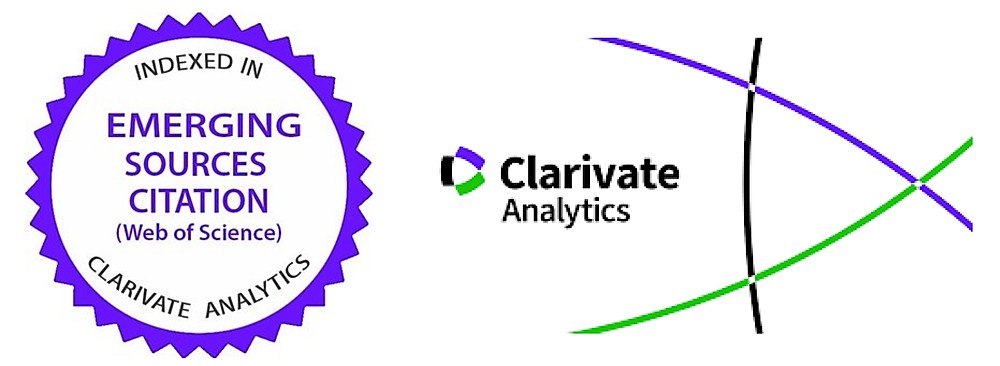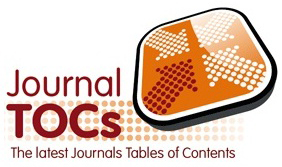Does Urbanization Matter for Poverty Reduction in Nigeria: an Empirical Evidence From Autoregressive Distributed Lag (ARLD) Estimation
Abstract
Urbanization has been argued to be having an impact on several other development challenges. To this end, this paper aims to contribute to the empirical literature by exploring the effect of urbanization and its' magnitude on poverty, both in the short run and long run in Nigeria. The macroeconomic analysis was conducted using data from 1982 to 2017 which was obtained from the World Bank. Bound Test and autoregressive distributed-lag (ARDL) estimation techniques were used to test the existence of a cointegration relationship and to estimate the short and long-run effect of urbanization and other variables on poverty reduction. Results from the study and an economic standpoint, provide strong evidence that urbanization remains an important factor in poverty reduction in Nigeria. The analysis further shows that while international remittances have a positive and significant effect, foreign aid and government expenditure have significant negative effects on poverty reduction in the long-term period. While findings from this study suggest that urbanization remains a valid tool in the fight against poverty, the need for sustainable urbanization policies and efforts by the Nigerian government is highly imperative.



























